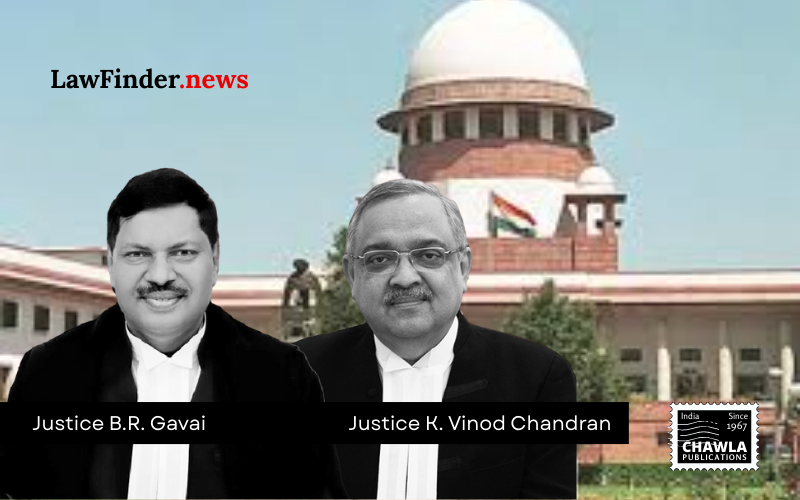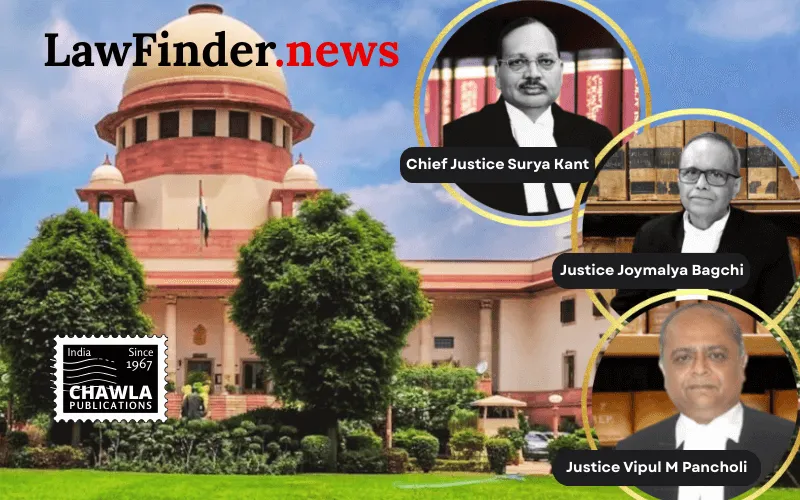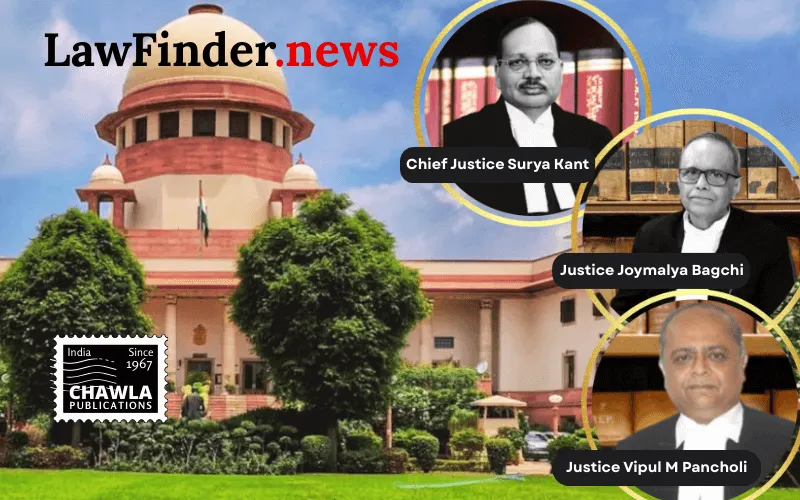Supreme Court Upholds Magistrate's Authority to Collect Voice Samples Under New Legal Framework. Court Rules Voice Sample Collection Does Not Violate Self-Incrimination Protections
In a landmark decision that reinforces investigative procedures, the Supreme Court of India has upheld the authority of Magistrates to direct the collection of voice samples for investigative purposes. The ruling was delivered on October 13, 2025, in the case of Rahul Agarwal v. State of West Bengal, with Chief Justice B.R. Gavai and Justice K. Vinod Chandran presiding over the matter.
The case arose from an appeal by Rahul Agarwal after the High Court set aside a Magistrate’s order permitting the collection of voice samples from the second respondent, who was implicated in a case involving allegations of harassment and extortion. The Supreme Court's judgment effectively restores the Magistrate's decision, emphasizing that voice sampling does not constitute testimonial compulsion and hence does not infringe upon Article 20(3) of the Constitution, which protects against self-incrimination.
The judgment clarifies that the Bharatiya Nagarik Suraksha Sanhita (BNSS), 2023, specifically Section 349, explicitly empowers Magistrates to order voice sample collection, bridging the gap left by the earlier Criminal Procedure Code (Cr.P.C.). This decision draws upon precedents set in Ritesh Sinha v. State of Uttar Pradesh, where the Supreme Court had previously inferred such powers despite the absence of explicit provisions in the Cr.P.C.
In delivering the judgment, the Court referenced the ruling in State of Bombay v. Kathi Kalu Oghad, which established that providing a specimen such as handwriting, fingerprint, or voice sample does not equate to self-incrimination. These elements are considered material evidence, which must be corroborated with other evidence to establish relevance.
The Supreme Court criticized the High Court for disregarding binding precedents and misinterpreting the closure of a reference to a Larger Bench, which was unnecessary and unwarranted. The apex court underscored the binding nature of Supreme Court judgments on lower courts, reinforcing judicial discipline and consistency in legal interpretations.
The ruling has significant implications for criminal investigations, particularly in light of advancements in forensic technology, where voice recognition is increasingly pivotal. By affirming the legal basis for voice sample collection, the Supreme Court has paved the way for more robust investigative practices, ensuring that justice can be pursued effectively without compromising constitutional safeguards.
Bottom Line:
Voice sample collection - Magistrate's power to direct the collection of voice samples under the Criminal Procedure Code (Cr.P.C.) and the Bharatiya Nagarik Suraksha Sanhita (BNSS), 2023 - No violation of Article 20(3) of the Constitution as voice sampling does not amount to testimonial compulsion.
Statutory provision(s): Bharatiya Nagarik Suraksha Sanhita, 2023 Section 349, Criminal Procedure Code, Article 20(3) of the Constitution of India
Rahul Agarwal v. State of West Bengal, (SC) : Law Finder Doc id # 2793459




